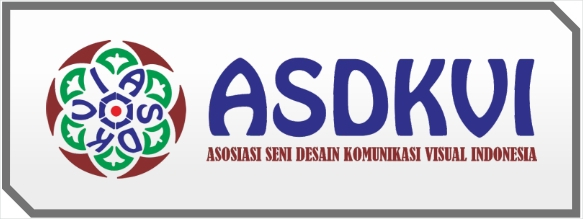Dinamika Ekonomi Pembangunan Indonesia: Mengungkap Faktor-Faktor Kualitatif yang Mendorong Pertumbuhan
DOI:
https://doi.org/10.59581/harmoni-widyakarya.v1i2.436Keywords:
qualitative factors, economic growth, community empowerment, business development, manufacturing sector.Abstract
This research aims to uncover the role of qualitative factors in driving the economic growth of Indonesia. The factors examined include community empowerment, business development, and the role of the manufacturing sector. Based on literature analysis, previous research, and relevant journals, the findings indicate that these factors have a significant influence in promoting inclusive, sustainable, and positively impactful economic growth for the society. Community empowerment through business development has been proven to enhance income, create job opportunities, and strengthen local-level economic growth. Research also indicates that the manufacturing sector plays a crucial role in generating value-added, absorbing workforce, driving innovation, and developing related sectors.
References
Aisyah, M. F., Utami, W., Sunardi, S., & Sudarsih, S. (2017). Kualitas Sumber Daya Manusia, Profesionalisme Kerja, Dan Komitmen Sebagai Faktor Pendukung Peningkatan Kinerja Karyawan PDAM Kabupaten Jember. E-Journal Ekonomi Bisnis Dan Akuntansi, 4(1), 131-135.
Berger, P., & Luckmann, T. (1966). The Social Construction of Reality: A Treatise in the Sociology of Knowledge. Anchor Books.
Creswell, J. W., & Poth, C. N. (2018). Qualitative inquiry and research design: Choosing among five approaches. Sage Publications.
Pitaloka, C. P., Jumiati, A., & Wibisono, S. (2022). Analisis Keterkaitan dan Multiplier Efek Sektor Industri Pengolahan Terhadap Perekonomian Nasional. Jurnal Ekuilibrium, 4(2), 11-28.
Polanyi, K. (2001). The Great Transformation: The Political and Economic Origins of Our Time. Beacon Press.
Prihatini, D., Wibisono, S., & Wilantari, R. N. (2020). Determinan penyerapan tenaga kerja di Indonesia tahun 2011-2015. E-Journal Ekonomi Bisnis Dan Akuntansi, 7(1), 36-41.
Rahayu, R., & Day, J. (2015). Determinant factors of e-commerce adoption by SMEs in developing country: evidence from Indonesia. Procedia-social and behavioral sciences, 195, 142-150.
Reza, F., & Widodo, T. (2013). The Impact Of Education On Economic Growth In Indonesia. Journal of Indonesian Economy & Business, 28(1).
Salman, M., Long, X., Dauda, L., & Mensah, C. N. (2019). The impact of institutional quality on economic growth and carbon emissions: Evidence from Indonesia, South Korea and Thailand. Journal of Cleaner Production, 241, 118331.
Sari, R. (2016). Pemberdayaan Masyarakat Melalui Pengembangan Usaha Pariwisata (Meneropong usaha penginapan masyarakat Lokal dan Manca Negara di Desa Mon Ikeun Lhoknga). Jurnal Al-Bayan: Media Kajian dan Pengembangan Ilmu Dakwah, 22(2).
Zainuri, Z., Lutfhi, A., Saleh, M., Aisyah, S., & Fathorrazi, M. (2022). Analisis Konvergensi Pertumbuhan Ekonomi Di Provinsi Jawa Timur Pasca Krisis Global Tahun 2008. Ekspansi: Jurnal Ekonomi, Keuangan, Perbankan, dan Akuntansi, 14(2), 103-115.
Downloads
Published
How to Cite
Issue
Section
License
Copyright (c) 2023 Irma Juliana, Nindi Laili Safitri, Wulan Fadillah

This work is licensed under a Creative Commons Attribution-ShareAlike 4.0 International License.

















